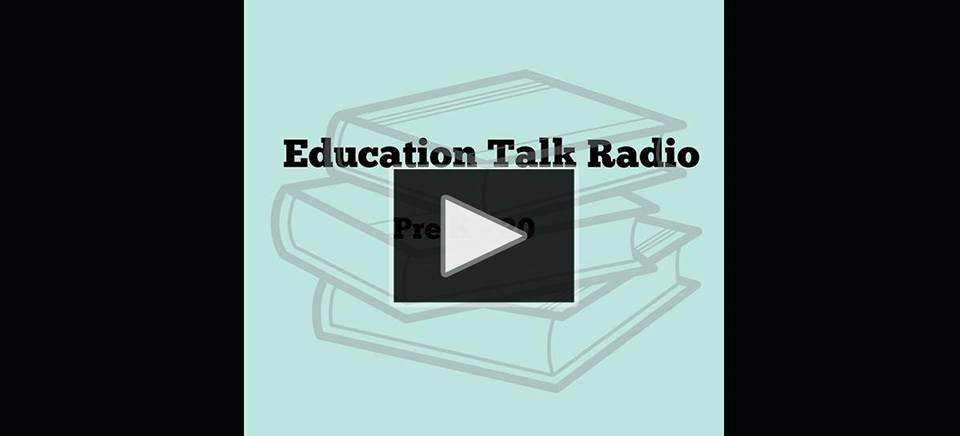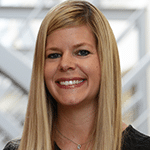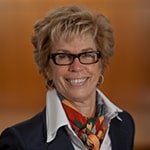Radio Show Highlights Work of Special Education Task Force

In a recent show on Education Talk Radio, host Larry Jacobs interviewed the leaders of AACTE’s Special Education Task Force about their work to improve the clinical preparation of special education professionals. The discussion about diversity, equity, and inclusion included the following guests:
- Deborah Reed, University of North Florida
- Rene Roselle, University of Connecticut
- Amanda Lester, AACTE Director, Programs & Professional Learning
- Jane West, AACTE Consultant




Roselle said that in order to ensure that generalists have an understanding of the varied needs of all learners–a necessary prerequisite for inclusive education and a central goal of the task force–her institution’s teacher preparation programs engage candidates in special education through both course work and clinical practice, letting them see how disabilities and inclusion practices play out in real time.
She said there can be challenges with finding special education clinical placements for generalists, though, as limited available spaces need to be prioritized for special education candidates. “We work very closely with teachers and our partners in the schools to ensure that they have at least some experience in [working with students with disabilities], if not a complete placement for a semester,” she said.
The AACTE task force is drafting tenets to guide the development of inclusive clinical practice programs that prepare both general and special educators to work together in order to meet the needs of each learner. Reed said the University of North Florida is addressing this work through a professional development school model and a residency model that embed all candidates in a collaborative clinical environment. “We’re intentionally giving all of our teacher candidates more experience in the field, including holding the undergraduate classes on site at one of our professional development schools,” so they’re already familiar with the school and its resident professionals before going into their internship.
West said the latest data show that “62% of students with disabilities spend 80% or more of their time in general education classes,” which she says amounts to a mandate for the work that Roselle and Reed described to ensure general educators are prepared to meet the needs of all students. AACTE’s task force is looking specifically at how high-quality clinical experiences can be adopted widely to meet special education and inclusion needs. “We are trying to hold the line on quality and push what we know works in an environment where principals are struggling to find anybody to go into the class; there’s a tension there.”
West noted that the interview date was also the 64th anniversary of Brown v. Board of Education, which she described as paving the way for the nation’s commitment to excellence and equity. Subsequent court decisions in the 1970s extended these values to apply to students with disabilities–providing a powerful constitutional framework for the ongoing work in pursuit of research-based interventions for successful inclusion practices.
Hear more from the interview participants by listening to the show recording at this website. You can also find related resources in Jacobs’ new quarterly digital publication called “Accessibility, Compliance, and Equity in Education” at http://ace-ed.org/.
Tags: clinical preparation, media, special education






